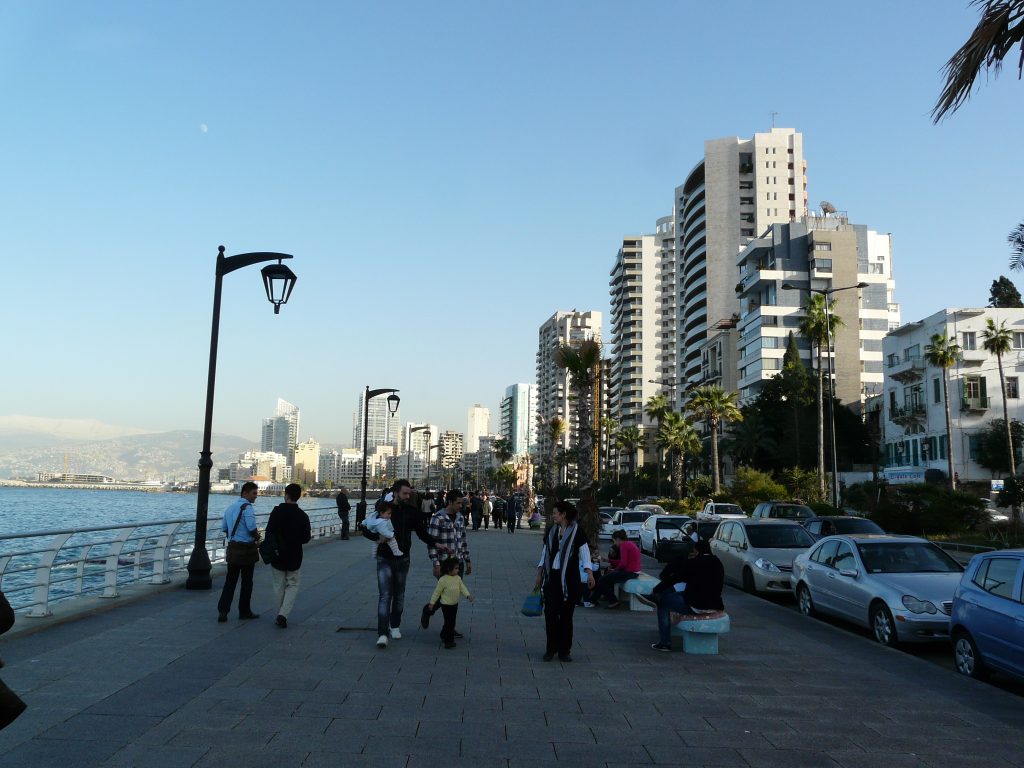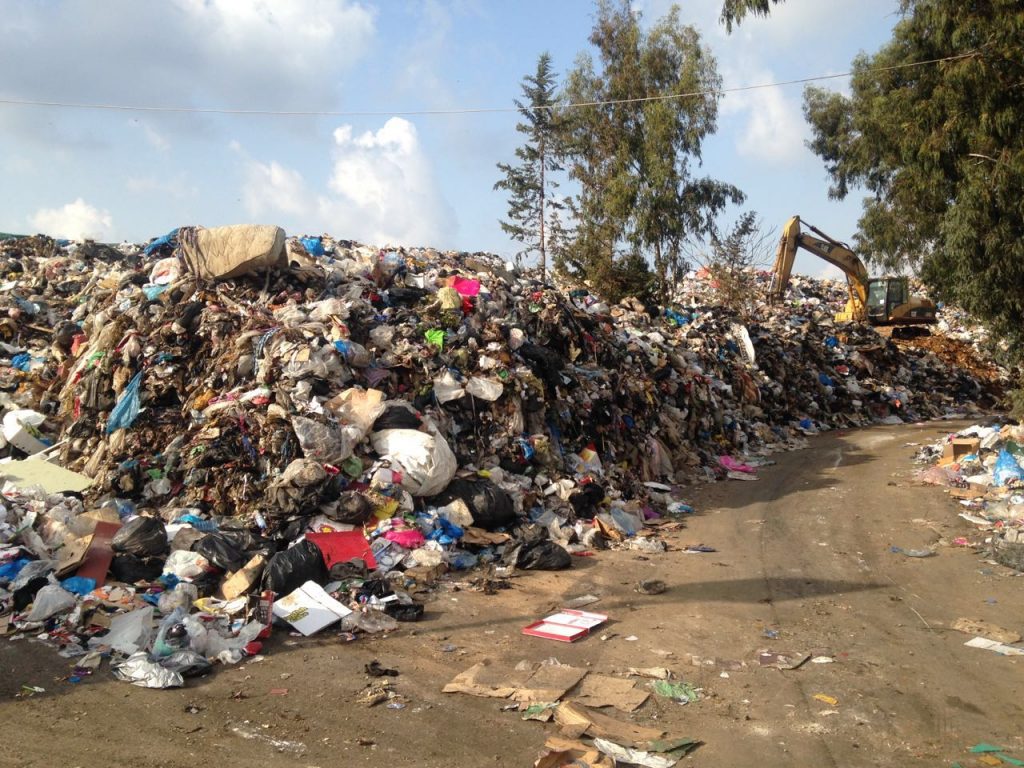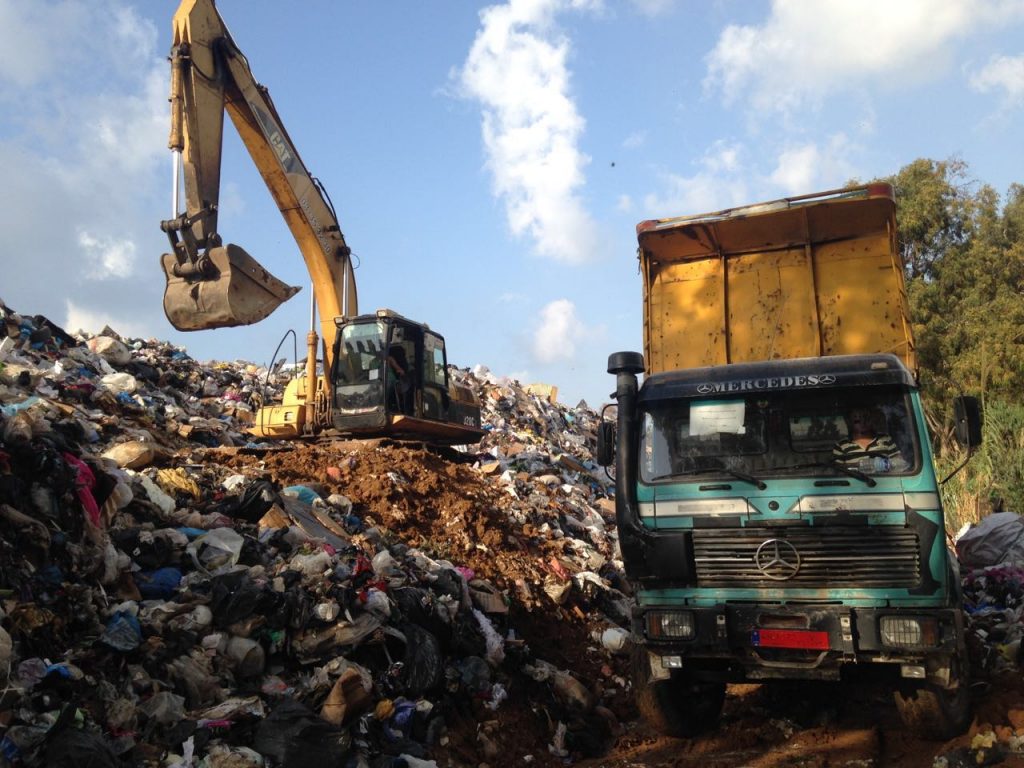By Helena Najm
Lebanon has just begun its twenty-second month without a seated president, a period under which the country has been plagued by political paralysis and boiling internal struggles for power, which have recently come to a head due to disputes regarding the management of public services.
Despite living in a coastal nation with bountiful resources, notably fresh water, the Lebanese populace is struggling with a water shortage and constant power cuts because of continued mismanagement of the public sector. These are just symptoms of a failing political experiment that has the government divided along religious lines. This sectarian, multi-confessional state is the result of two monumental accords: the 1943 National Pact and the 1989 Taif Agreement, which divided the government into religious factions, with the main branches of power being allocated to Maronite Catholics, Sunni Muslims, Shi’ite Muslims, Druzes and Greek Orthodox Christians.
As a result of the divided government, citizens’ issues such as public services are handled by each person’s representative, elected based on religious affiliation and political party (the two being closely intertwined), rather than being handled by a collective governing body. This system is currently drawing a lot of vocal opposition, especially from students who, as a part of the “You Stink” movement, protested against the privatization of public services such as waste disposal and asserted their dissatisfaction with a divisionist government that they deem to be dishonest and illegitimate.
Further stress is being placed on the government following the 2013 discovery of oil off of Lebanese shores, which was immediately contested among the major religious groups in Lebanon and has never made it to the bidding table, where petroleum companies are lining up to exploit these wells.
With considerable economic, political and social consequences for the entire region, the issue of how this situation has been allowed to persist should concern the international community: with Iran and Saudi Arabia exerting their influence in Lebanon, much of the Middle East is implicated in Lebanese affairs and stability, and the growing support for Hezbollah (who has 12 seats in parliament) and its sympathizers (the March 8 camp has 61 seats) means that as long as this presidential appointment is delayed, further Syrian and Hezbollah support can be accrued, which might lead to the appointment of a candidate (perhaps Nasrallah) who can advance Hezbollah’s anti-West and pro-al-Assad views.
This dissent between government authorities raises the question of how to remediate differences between the separate factions and how to create a more equal government that is representative of the citizens’ interests and demographical breakdown. Since Lebanon has not updated its census data since 1932, the official religious breakdown is not at all reflective of the current community makeup, therefore the Lebanese government is not representative of its people.
At an October 2015 Brookings Institution panel discussion in Doha, Dr. Ahmad Moussalli of the American University in Beirut stated: “[Lebanese politicians] cannot solve their internal conflicts because they are so related to the original balance of power between Iran, Iraq and Saudi Arabia, not to mention the more recent Russian and American interventions. A president cannot be elected there because his election is so related to the interests of all of these other political actors,”; thus echoing the idea that foreign intervention in Lebanese political matters is responsible for the current political stalemate and that the retreat of these external actors could be a step towards a more functional government. However, with Hezbollah’s increasing influence in the region, this retreat could also lead to a power imbalance that threatens the fragile peace within the country.
Ideally, Lebanon would move forward by updating its census data, fashioning its government according to proportional representation of its people, implementing citizenship-based voting as opposed to religion-based voting and electing a new president. This would require reduced Iranian, Iraqi and Saudi presence, which may become a reality as they each become more and more overwhelmed by their own political and economic crises.



